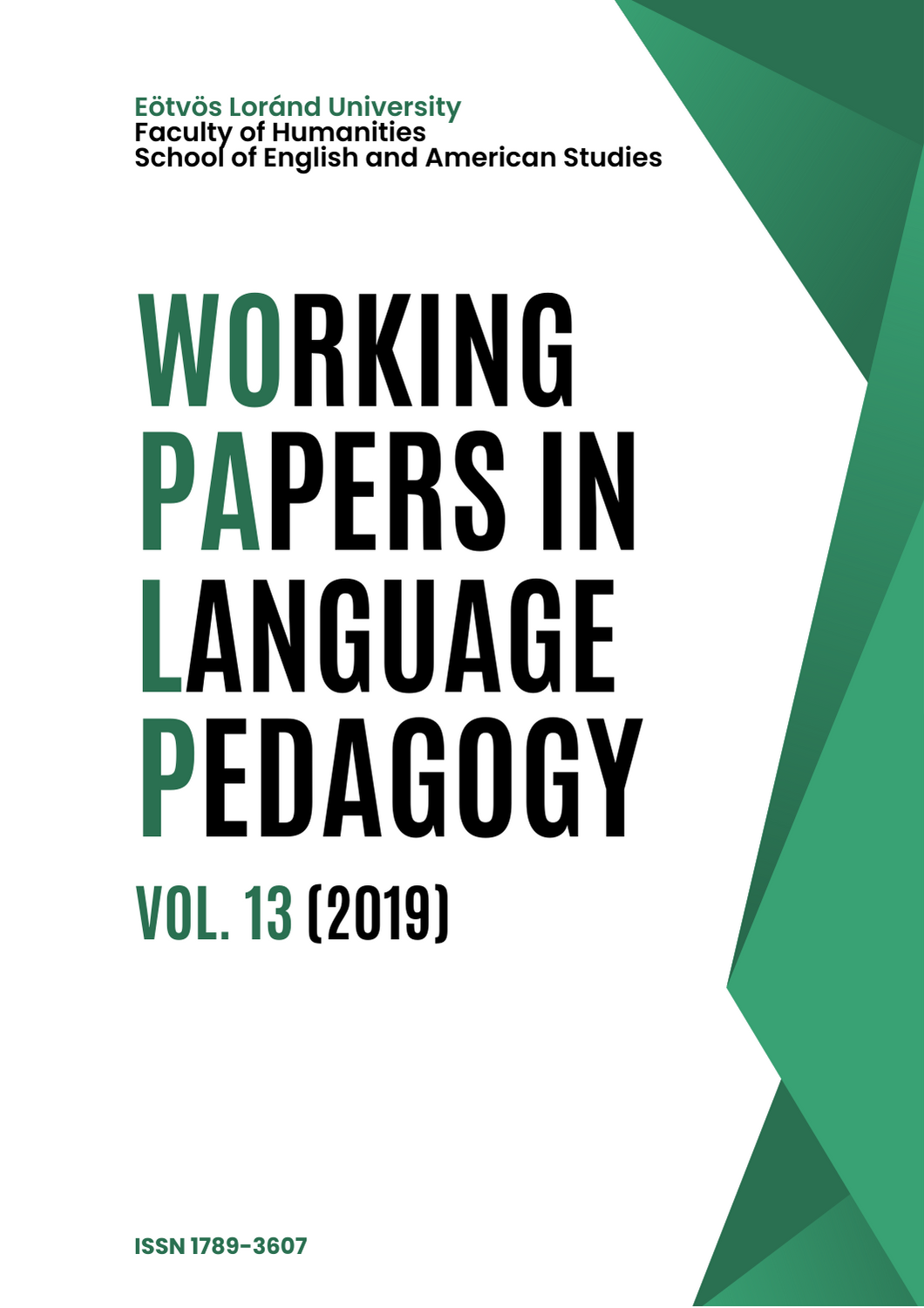Emotions, Learning-Autonomy and Gender-Specific Attitudes in the ESL Classroom
DOI:
https://doi.org/10.61425/wplp.2019.13.65.81Keywords:
learning-autonomy, emotions, ESL, gender-differences in perception, English teachingAbstract
In the ESL classroom, students’ attitudes and learning success are largely influenced by a variety of emotions experienced. The present research aims to investigate how emotions and perceptions on learning- autonomy shape Hungarian high school students’ and educators’ attitudes in the ESL classrooms. Results indicate that female students, as opposed to their male peers, have considerably lower confidence in their own capability of learning and using English, yet they are less dependent on the teachers’ perceived likeability and more autonomous in their learning processes. Teachers reveal that they are aware of the differences in emotions between male and female students; however, they do not encourage students sufficiently to develop learner-autonomy. Implications from this study indicate that teachers should explore and implement more psychological content- based strategies to meet students’ gender specific emotional needs and to avoid learning-dependence on the educator’s person.




